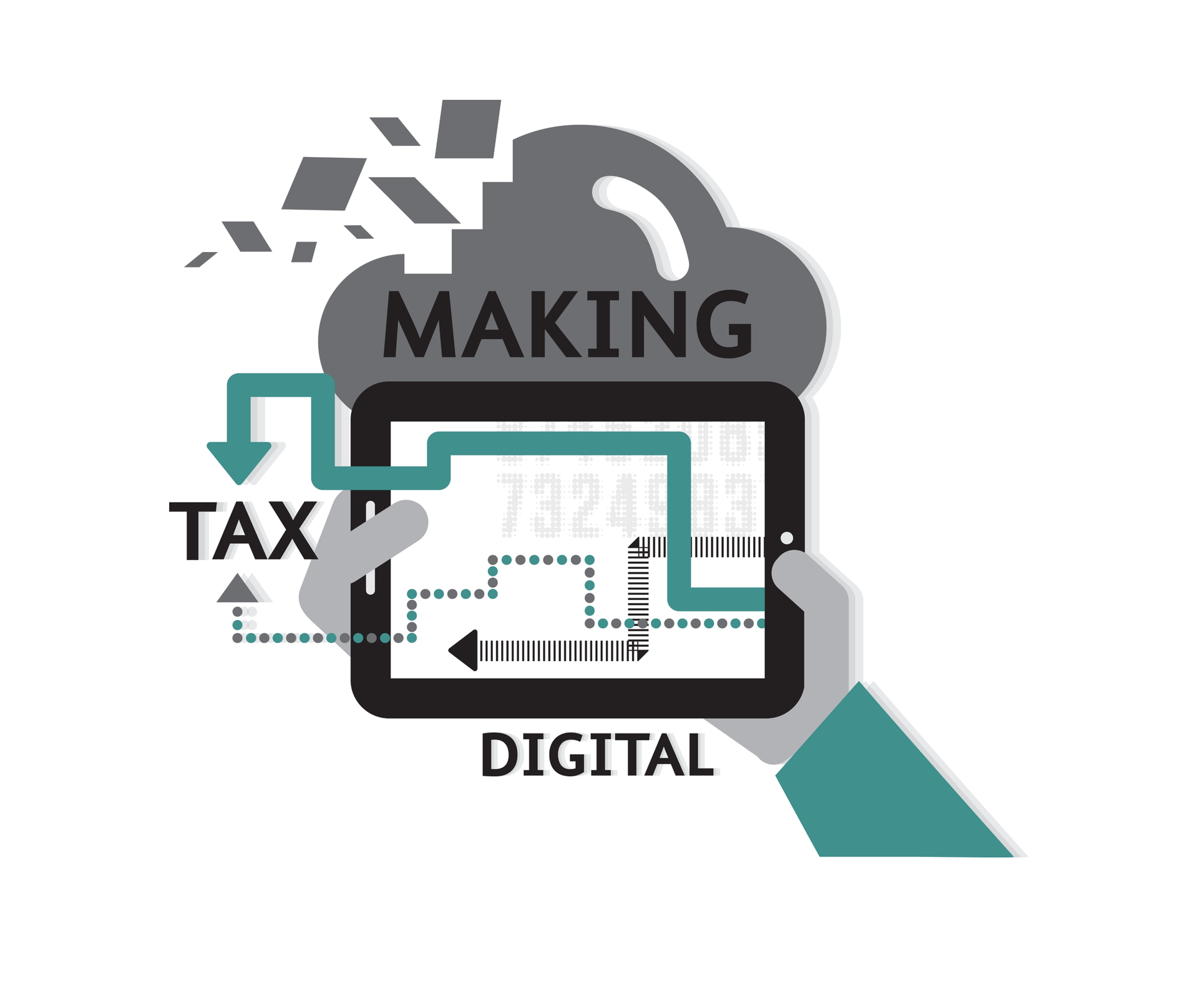
Do you breed animals? If so, it’s worth being aware that HMRC is sending letters to people it thinks have failed to pay tax on income from the breeding or sale of animals.
When should you pay tax?
A person breeding animals may have to declare income from the breeding or sale of animals, including cats and dogs, if this exceeds the tax-free trading allowance of £1,000 in any one tax year.
If you have income to declare for a previous tax year, HMRC’s letter states that you should advise them using their voluntary disclosure online service. Please note that this should be done within 30 days of the date of the letter. Once the process has been started, you will have 90 days to complete the disclosure and pay any tax due.
Possible penalties
HMRC advises that a penalty may be charged. This would be calculated based on the person having made a prompted disclosure.
You can also use the online service to register for self assessment if the gross income from your trade continues to exceed £1,000. This means you would have to complete a tax return.
Why it’s important to take action
If you do not respond, or if you don’t declare the correct amount of income or tax, HMRC may check your tax affairs. Failure to take action could mean that a higher penalty is charged.
HMRC is sending two types of letter to allow them to test different communication methods. In one of the letters, it is noted that if a person fails to act they could face a criminal investigation. In the same letter, information is provided on how the person may inform HMRC that they have committed tax fraud using the contractual disclosure facility (CDF).
HMRC’s Contractual Disclosure Facility
The CDF guidance explains what you must do if HMRC suspects you of committing tax fraud and outlines the process by which you could be offered a contract through the Contractual Disclosure Facility (CDF). It also explains what you should do if you want to voluntarily admit to tax fraud.
If you accept the offer of the Contractual Disclosure Facility you will:
- admit that your deliberate behaviour has brought about a loss of tax, duty or payment administered by HMRC
- tell HMRC about all the tax, duty and payment losses brought about by your deliberate behaviour
- give as much detail as you can within 60 days of being offered the contract
- give additional details, in the form of a disclosure report, following the 60-day period — include a statement that you have given HMRC complete and accurate details of your deliberate behaviour
- fully cooperate with HMRC to put your tax affairs in order
- pay any tax, duty, interest and penalties that you owe
Accepting HMRC’s offer of the Contractual Disclosure Facility and making a full disclosure is the only way to guarantee that HMRC will not criminally investigate with a view to prosecute.
HMRC will consider how you co-operated in meeting the terms of the contract when they work out any penalties due.
Further information
HMRC’s guidance on the trading allowance and on making a voluntary disclosure.
Further help
If you have received a letter and would like professional advice before responding, please get in touch. This will help to ensure that any previous non-compliance with your tax obligations is addressed in the best way possible.
The information provided in this blog is for general informational purposes only and should not be considered professional advice. As far as we are aware, the content is accurate at time of publication. Torgersens assumes no responsibility for errors or omissions in the content or for any actions taken based on the information provided.




.jpg)



